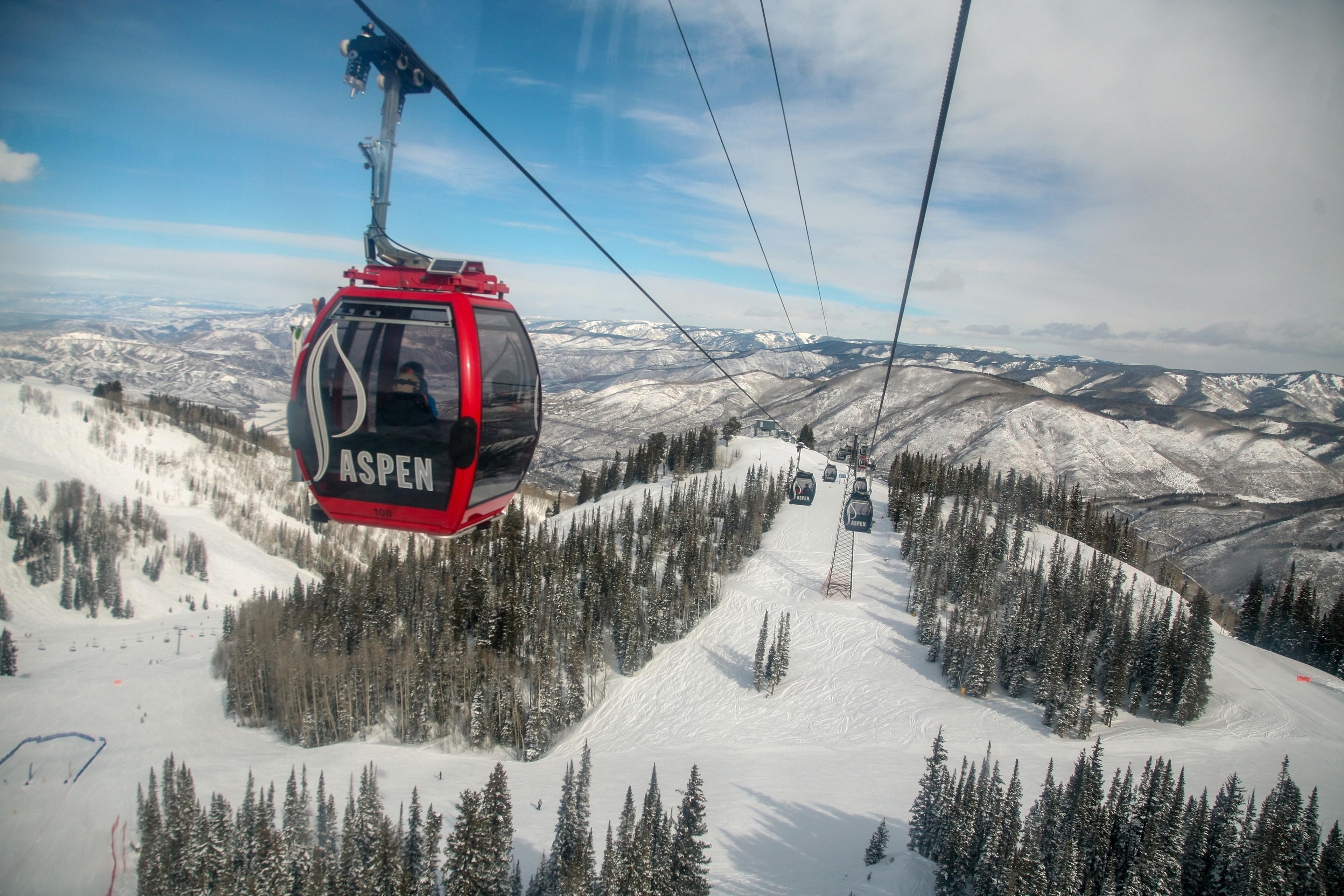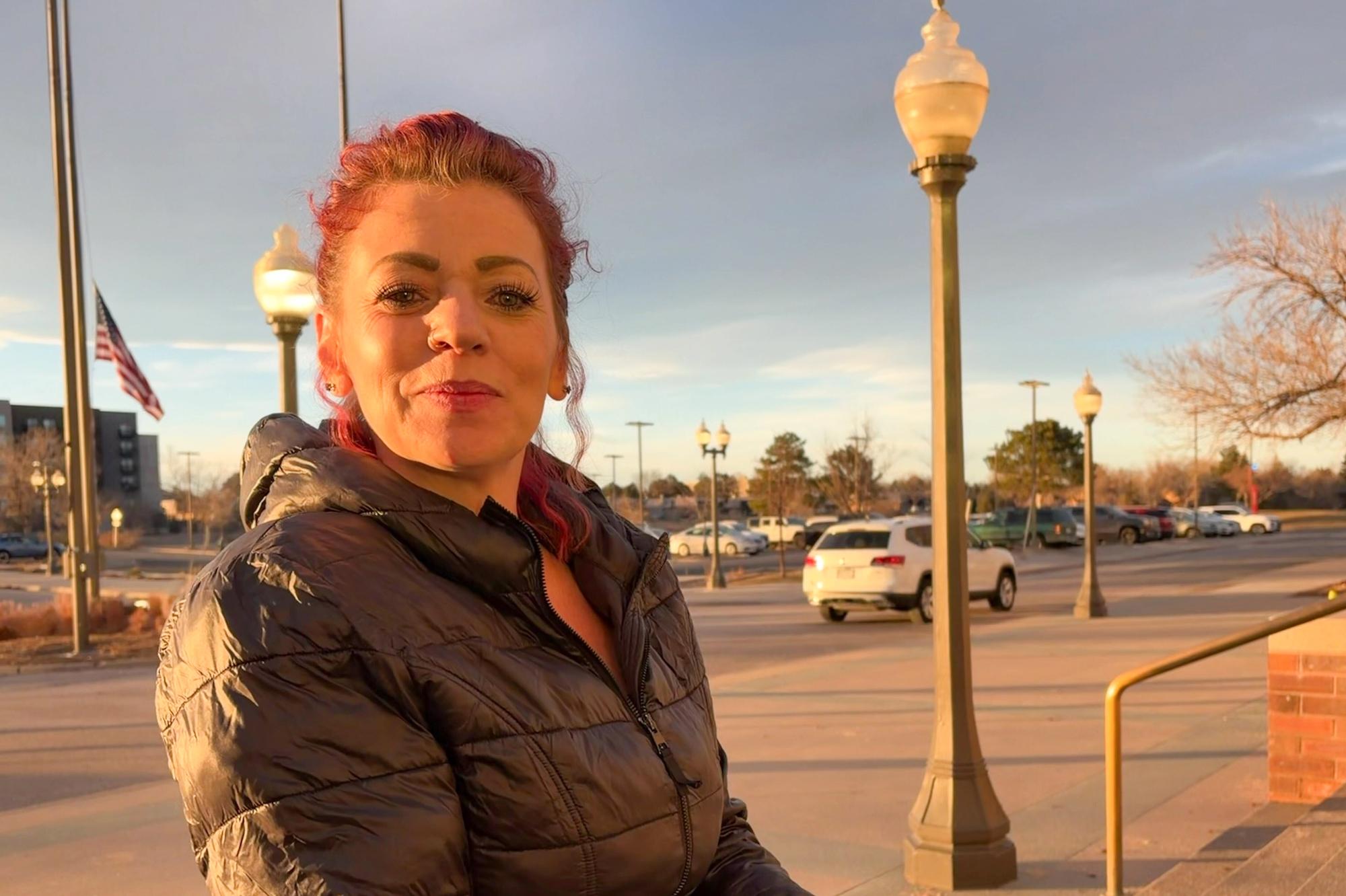
A proposal to allow denser residential development in cities across Colorado was already a long one, clocking in at just more than 100 pages.
Now, the big bill is getting a big amendment. The influential Democrats behind the effort are proposing more than 50 pages of revisions, according to a draft obtained by CPR News.
The bill is facing tough resistance from local governments across the state, including deep-blue cities like Denver and mountain towns like Aspen. The changes are meant to address some of those concerns ahead of a vote before the Senate’s Local Government and Housing committee on Tuesday.
The bill will likely need the unanimous support of the panel’s four Democratic Senators to make it through this stage.
The amendment’s key changes include:
- Exempting ski towns and other “rural resort job centers” from increased residential density “upzoning” requirements.
- For cities where the upzoning would still apply, reducing the maximum new density that would now be required per lot — from six residential units to four.
- Allowing local governments to require at least some parking alongside the newly permitted development.
Rules for ‘rural resorts’ get biggest overhaul
Perhaps the biggest concession is for towns like Vail, Aspen and other high-country resort areas.
The original proposal would have required them to allow denser development in all residential zones and along transportation corridors — similar to how the bill treats Front Range cities like Denver and Pueblo.
But the amendment changes that, exempting the ski towns from the bill’s biggest effects, including mandatory upzoning.
“We understand that housing in our mountain communities looks different than it does in the metro area. And so because of that, we wanted to make sure that there were special allowances that acknowledged that reality for rural resort communities,” said Senate Majority Leader Dominick Moreno, one of the bill’s sponsors, in an interview.
It’s an acknowledgment of warnings raised by local leaders in recent weeks.
For example, the Eagle River Water & Sanitation District warned in a letter that it might have to raise monthly customer charges from about $100 to about $170 to keep up with possible new demand under the law, based on its analysis of how much development could be allowed.
In Aspen, Mayor Torre — who uses a single name — said that building new housing would not help with affordability in Colorado’s ski towns, where limited land tends to be snatched up by extraordinarily wealthy people.
“The economics of housing are detached from household economics in our region,” Torre said at an earlier committee hearing.
Heather Sloop, a Steamboat Springs council member, said that increased density would disrupt the careful planning of mountain towns, which have to deal with unusual challenges, like storing excess snow.
“This bill would decimate all of our planning and zoning regulations,” Sloop told the committee. “We cannot afford to do this in our city.”
Those rural areas have a likely ally in Sen. Dylan Roberts, an Eagle County Democrat who sits on the committee hearing the bill.
Members of the committee hold extra leverage over the controversial bill. The panel is made up of four Democrats and three Republicans, and with GOP members expected to all vote against the bill, it will need the support of every Democrat to pass.
Even if the bill is amended the way sponsors are proposing, rural resorts would still still face some smaller new requirements, such as adopting affordable housing strategies and participating in a new state-run planning process for housing needs.
“I think that the changes are a step in the right direction,” said Commissioner Liz Smith of Gunnison County, adding that she wanted to see more support for regional housing planning. But the Colorado Association of Ski Towns remains opposed to the legislation.
In a letter to lawmakers, CAST requested several more amendments, including to give towns more flexibility in setting affordable housing requirements.
“CAST continues to have significant concerns about SB23-213, including the late introduction in the legislative session of such a sweeping and impactful bill,” the letter stated, among other concerns.
Dialing back a bit for cities
The amendment also softens the requirements for urban areas. Instead of requiring them to allow up to six units per lot in residential zones, they could cap that density at four units. (Currently, most residential areas allow only one home per lot.)
Additionally, cities would be allowed to keep some power over parking requirements. The original bill said cities could not require that any new parking spots be included in the new, denser developments, since those parking spaces are expensive and take up space.
The amendment changes that, allowing cities to require a parking space for every two housing units in residential areas and along “key corridors.”
These changes don’t affect the core nature of the bill; it would still override local zoning authority and force communities to accept greater density. That’s led to intense opposition from some city and state officials, including in the deeply Democratic cities around Denver.
State Sen. Rachel Zenzinger, who represents Arvada, is strongly opposed to the idea of imposing density on local governments.
“If this was not mandated, then I think you could find a lot of agreement [on the goal of building housing,” she said. “But these things are mandated and it takes away local control. And I think that I would much rather take a stance of providing incentives and working collaboratively than sticks and mandates.”
Other lawmakers say they support the bill’s central idea, but want to see more protections for the people who might be displaced by development.
State Sen. Julie Gonzales, a Democrat, said that she wanted the legislature to also enact the “just cause” eviction protections bill this year. Gonzales is a member of the committee that is hearing the bill.
The land-use bill “is one important policy, but there are many different ways that we are working this legislative session in order to protect communities from displacement,” she said.
Moreno said he supports the anti-eviction legislation.
What’s next?
Even if the bill clears its committee hearing on Tuesday, it could still face a tough fight in the full Senate.
“This is one of those bills that doesn't fall cleanly into either partisan camp. I think it does fall into the camp of whether or not you believe in local control. So this is gonna be intense,” Zenzinger said.
Democrats can afford to lose only five votes in the full chamber, assuming that no Republicans support the bill. Republicans in some states have supported similar reforms, but Colorado’s GOP has largely rejected the proposal, saying it’s an unconstitutional overreach.
Editor’s note: This article was updated on April 14, 2023 with additional information about the Eagle River Water & Sanitation District’s concerns and to correct the number of votes Democrats have in the Senate.









